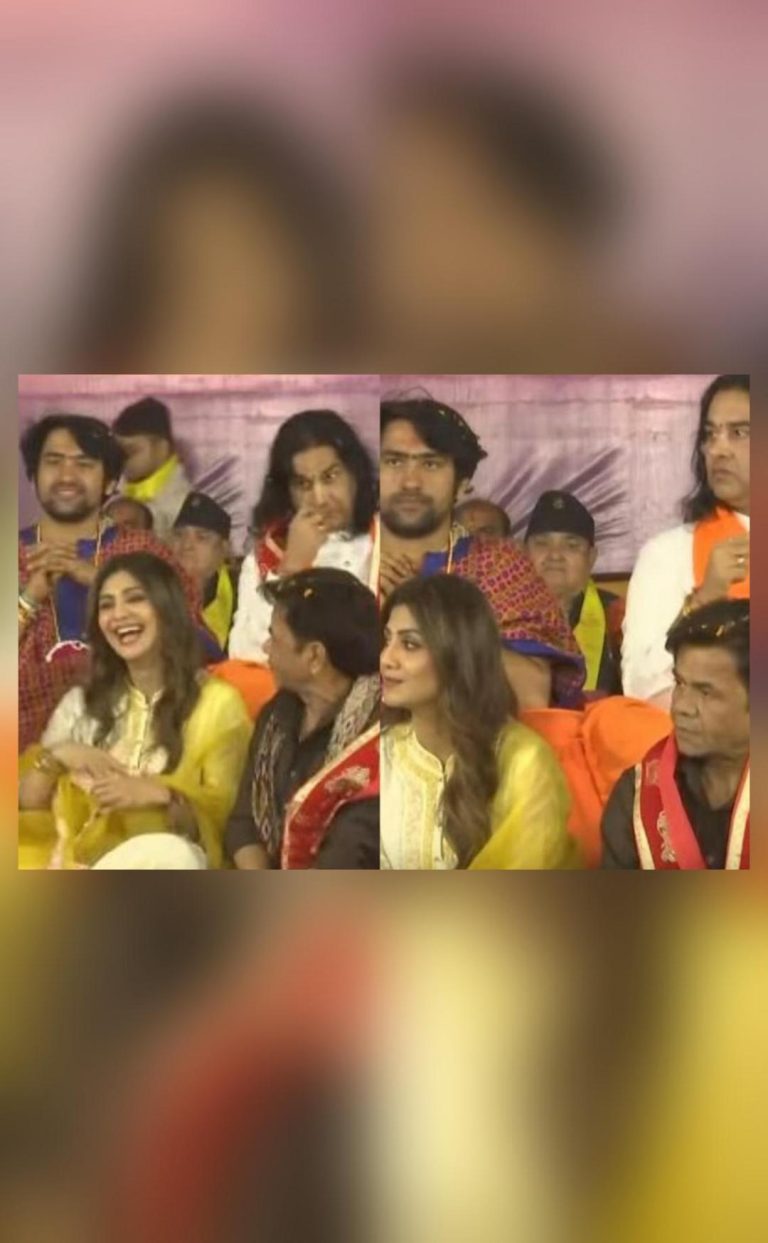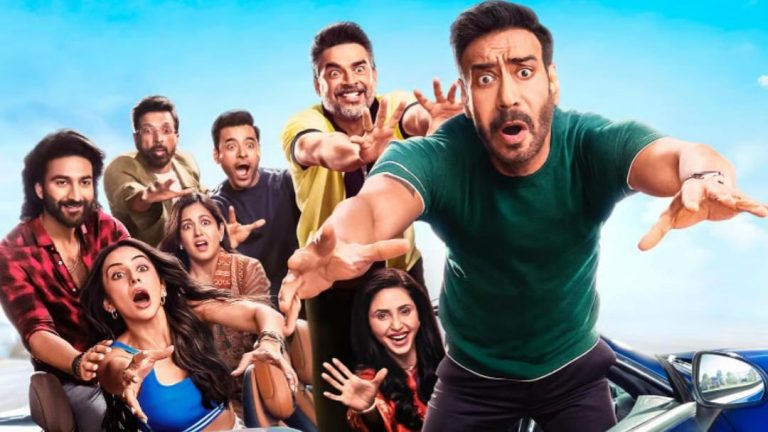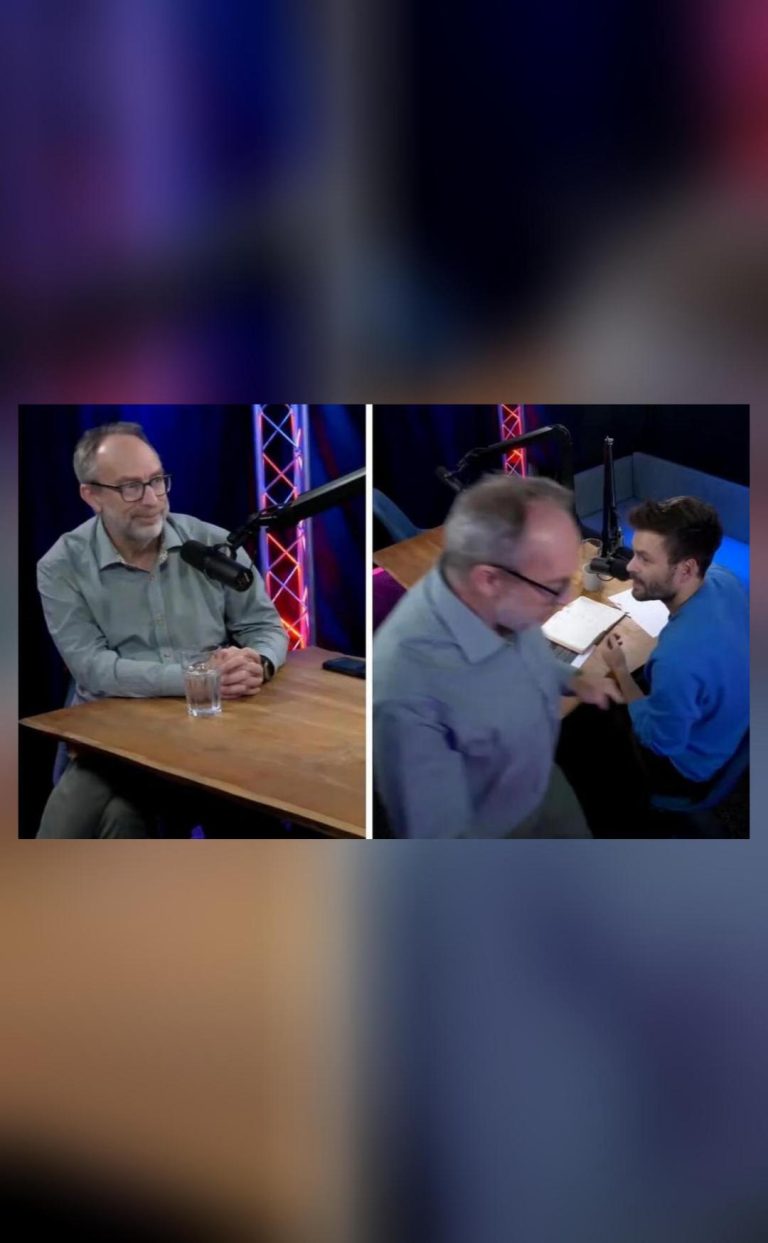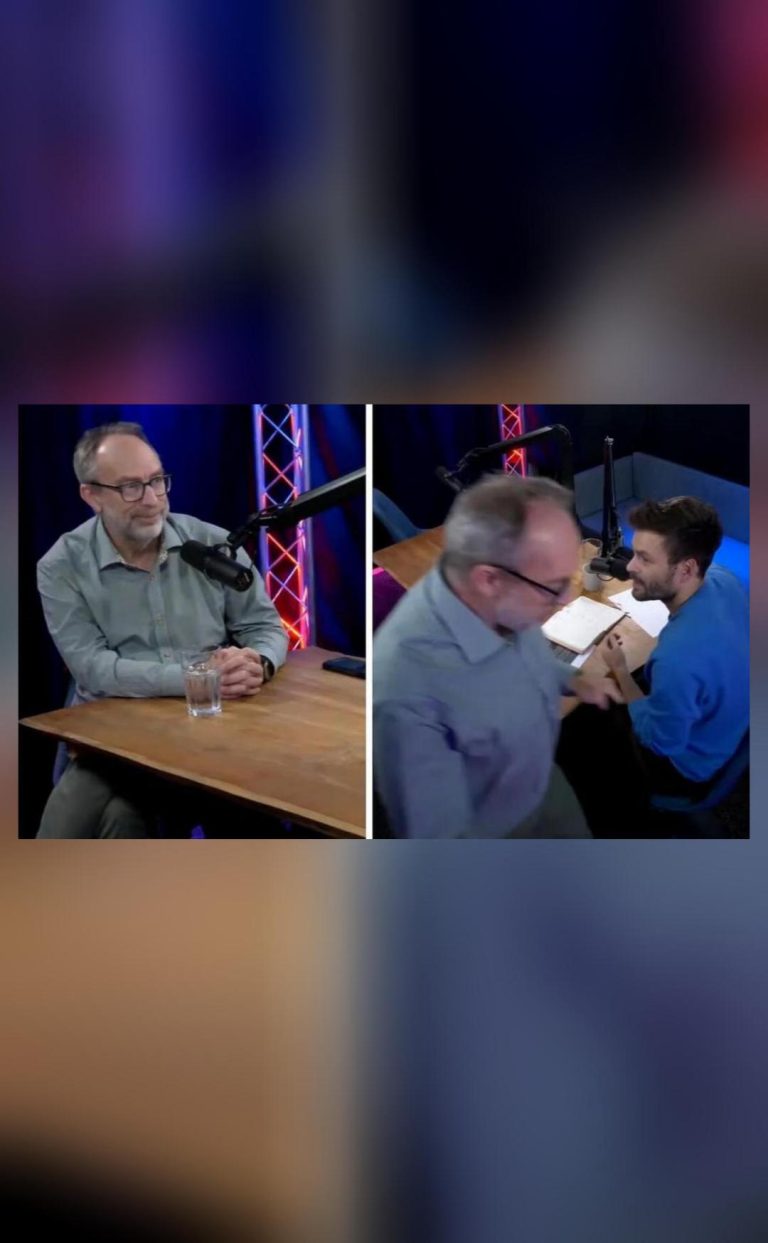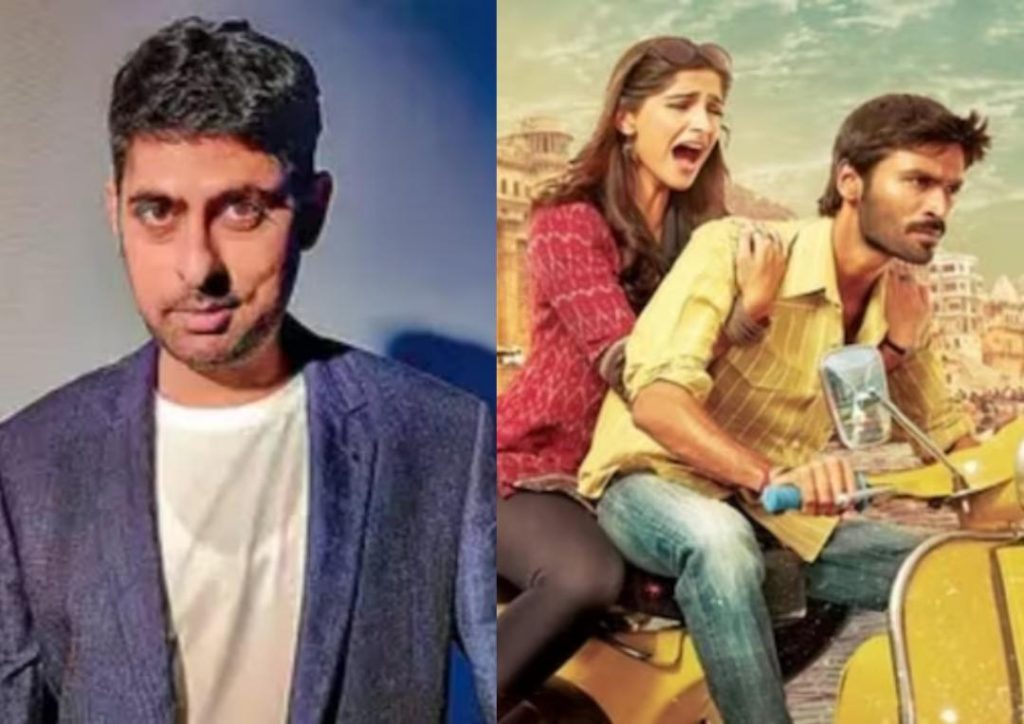
End was integral: Varun Grover on Raanjhanaa’s AI-altered climax
Artificial Intelligence (AI) has revolutionized the way we live, work, and even consume entertainment. With the advent of AI, we’ve seen the emergence of new technologies that can analyze and manipulate creative content in ways previously unimaginable. However, the recent decision by Eros Now to use AI to alter the climax of Aanand L Rai’s 2013 film Raanjhanaa has sparked a heated debate in the film industry. Writer Varun Grover, who worked on the film, has spoken out against the decision, emphasizing the importance of the original ending.
In an interview with News18, Grover expressed his disappointment and frustration with the decision to tamper with the climax of Raanjhanaa. “Someone else’s uncle has enough to AI-edit ‘Raanjhanaa’, make it a happy ending, and re-release it,” he said. “The film had heart and the ending was integral to that. It’s not just about making a film, it’s about making a statement.”
For those who may not be familiar with Raanjhanaa, the film tells the story of Kundan (Dhanush), a young man from Banaras who falls in love with Zoya (Sonakshi Sinha), a Muslim girl from Lucknow. As their love blossoms, they face numerous challenges, including societal pressure and family opposition. The film’s climax, which was carefully crafted by director Aanand L Rai and his team, is a poignant and powerful exploration of the consequences of their love.
Grover’s comments are a stark reminder of the importance of creative control and the potential risks of meddling with artistic vision. “When we make a film, we pour our hearts and souls into it,” he said. “We spend months, sometimes years, working on it. And then, someone comes along and decides to change it without even consulting us? It’s disrespectful.”
The decision to alter the climax of Raanjhanaa using AI raises several questions about the role of technology in the film industry. While AI can be a powerful tool for enhancing and streamlining the filmmaking process, it’s clear that it should not be used to override the creative decisions of filmmakers.
Grover’s own experience with AI-edited content is a telling example of the potential dangers of relying too heavily on technology. When his film Masaan was released, he received feedback from some viewers who felt that the ending was too bleak and unhappy. An uncle of one of the film’s producers even suggested altering the ending to make it more upbeat.
Grover recalled the experience, saying, “Someone else’s uncle has enough to AI-edit ‘Masaan’, make it a happy ending, and re-release it. But I think that would have been a betrayal of the original intention of the film. The ending was an integral part of the story, and changing it would have altered the entire tone and message of the film.”
The debate over AI-edited content is not limited to the film industry. In recent years, we’ve seen AI-generated music, art, and even literature emerge as a new form of creative expression. While these innovations have the potential to democratize the creative process and open up new opportunities for artists, they also raise important questions about authorship, authenticity, and the value of human creativity.
Grover’s comments are a timely reminder of the importance of preserving the integrity of artistic vision and the need to approach the use of AI with caution and respect. As we continue to navigate the rapidly evolving landscape of film and technology, it’s essential that we prioritize the creative process and the people who bring those stories to life.
In conclusion, Varun Grover’s comments on the AI-altered climax of Raanjhanaa serve as a powerful reminder of the importance of preserving artistic vision and the potential risks of meddling with creative content. As we move forward in an era where AI is increasingly integrated into the filmmaking process, it’s essential that we prioritize respect for the creative process and the people who bring those stories to life.
